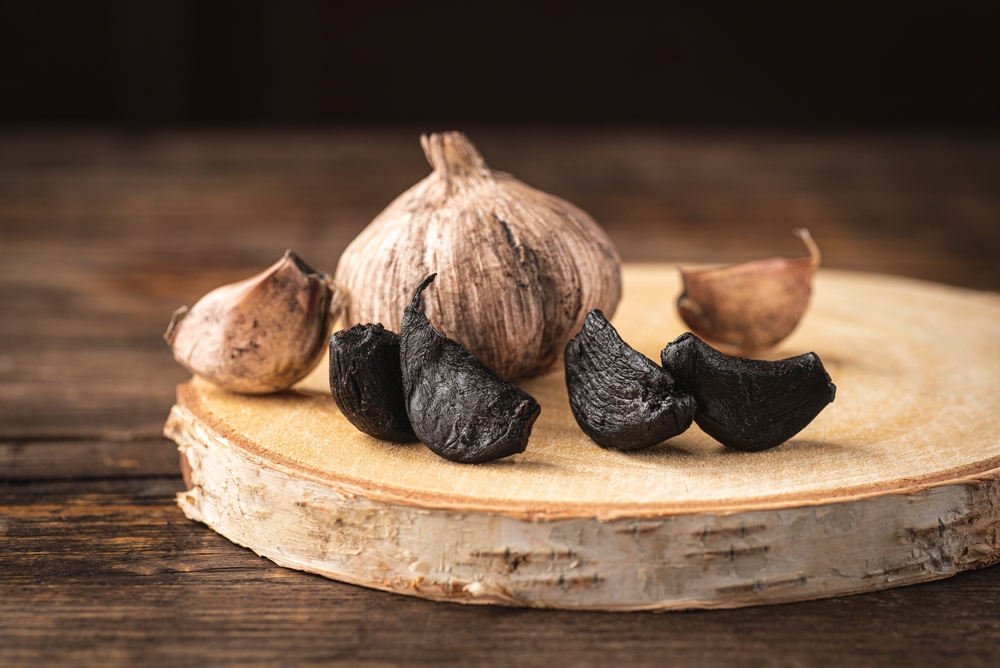Study Explores the Effects of Fermented Garlic on Prostate Cancer

A team of researchers from the University of Cordoba and the Maimónides Biomedical Research Institute (IMIBIC) in Spain is exploring the potential of a fermented black garlic extract to slow the progression of prostate cancer.
According to the study, published in Nutrients, prostate cancer is a significant concern in Spain, being the third leading cause of cancer-related deaths among men. Its progression from benign hyperplasia to metastatic castration-resistant prostate cancer (for which few treatment options exist) underscores the need for new therapies. The OncObesity and Metabolism research group at the University of Cordoba and IMIBIC has long focused on natural compounds that may have anticancer effects, with fermented black garlic emerging as a potential tool in their latest study.
The team, led by researchers Raúl Luque, PhD, María Loreta Libero, PhD, and Antonio Montero, PhD, aimed to assess whether fermented garlic extract could affect the aggressive behavior of prostate cancer cells. Building on previous research where the compound demonstrated anti-inflammatory properties in mice, the researchers decided to test its efficacy on human prostate cancer cells in a laboratory setting.
"We tested the extract in different human prostate cancer cell models and found that it was capable of reducing various tumor aggressiveness parameters, including cell proliferation," explained Dr. Montero. "We also found that it did not affect normal prostate cells.”
The researchers found that the compound’s anticancer potential seemed to be tied to its ability to modulate inflammation, a significant driver in the progression of prostate cancer. "We wanted to know which molecular pathways were affected by use of compound, and we were able to verify that key signaling pathways in cancer were altered, including those related to inflammation,” said Dr. Luque. “The treatment decreases the inflammatory environment that you can see in this type of cancer.”
The garlic extract showed greater effectiveness in cells that were already in a pro-inflammatory state, suggesting that it may reduce the aggressiveness of cancer by dampening local inflammation. "Everything indicates that this compound could be a very good option to avert some of the adverse events that occur in patients who are going to progress to a more complex and aggressive stage of prostate cancer," Luque noted.
While the results are promising, further studies are necessary to confirm the extract’s protective effects. According to the study, future steps may include a pilot study involving individuals with a family history of prostate cancer or a clinical trial in patients with existing cancer, aimed at evaluating whether the compound can slow or halt disease progression.
For integrative practitioners, these findings highlight the potential role of fermented black garlic as a natural supplement that could complement conventional cancer treatments. As research progresses, this compound may become a valuable addition to the toolkit for supporting prostate health and addressing inflammation-related cancer progression.




















SHARE